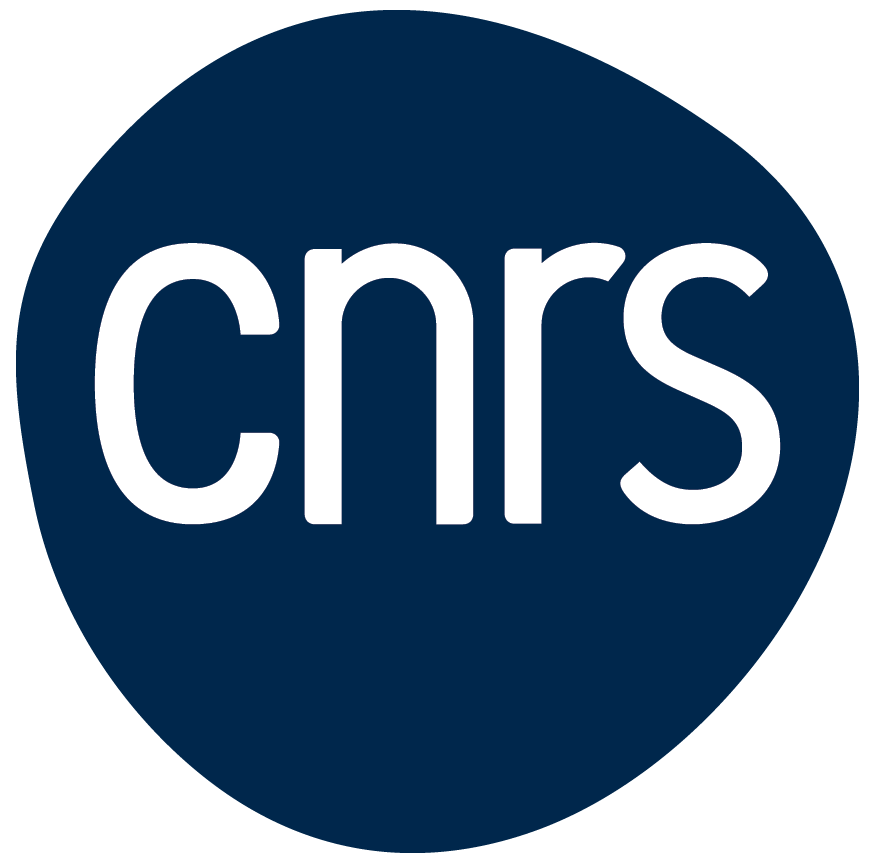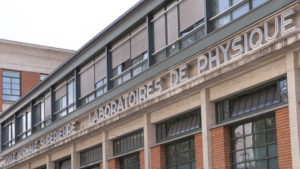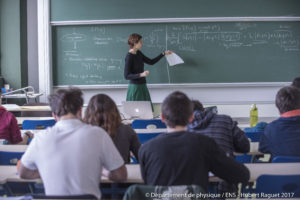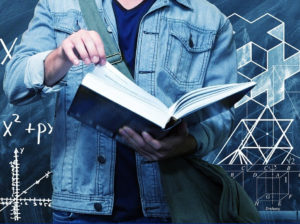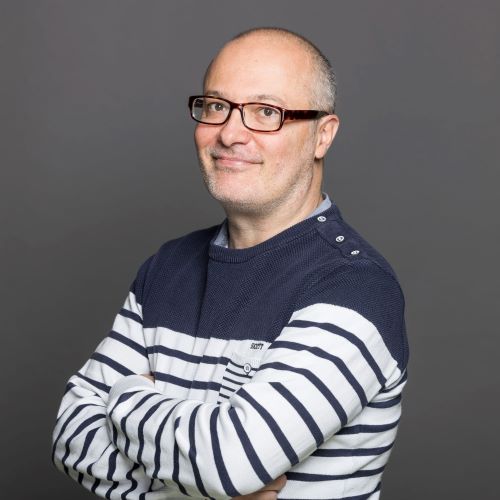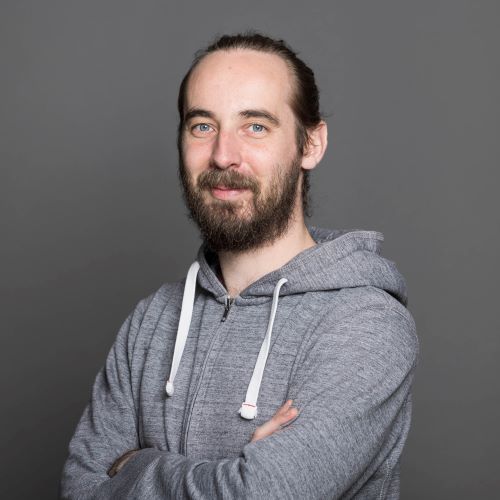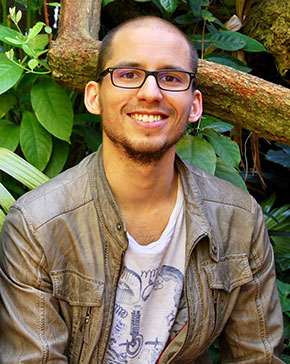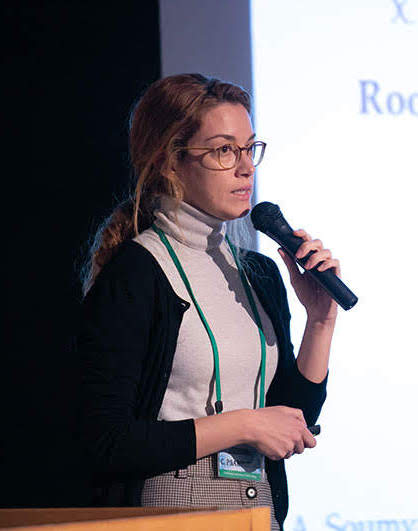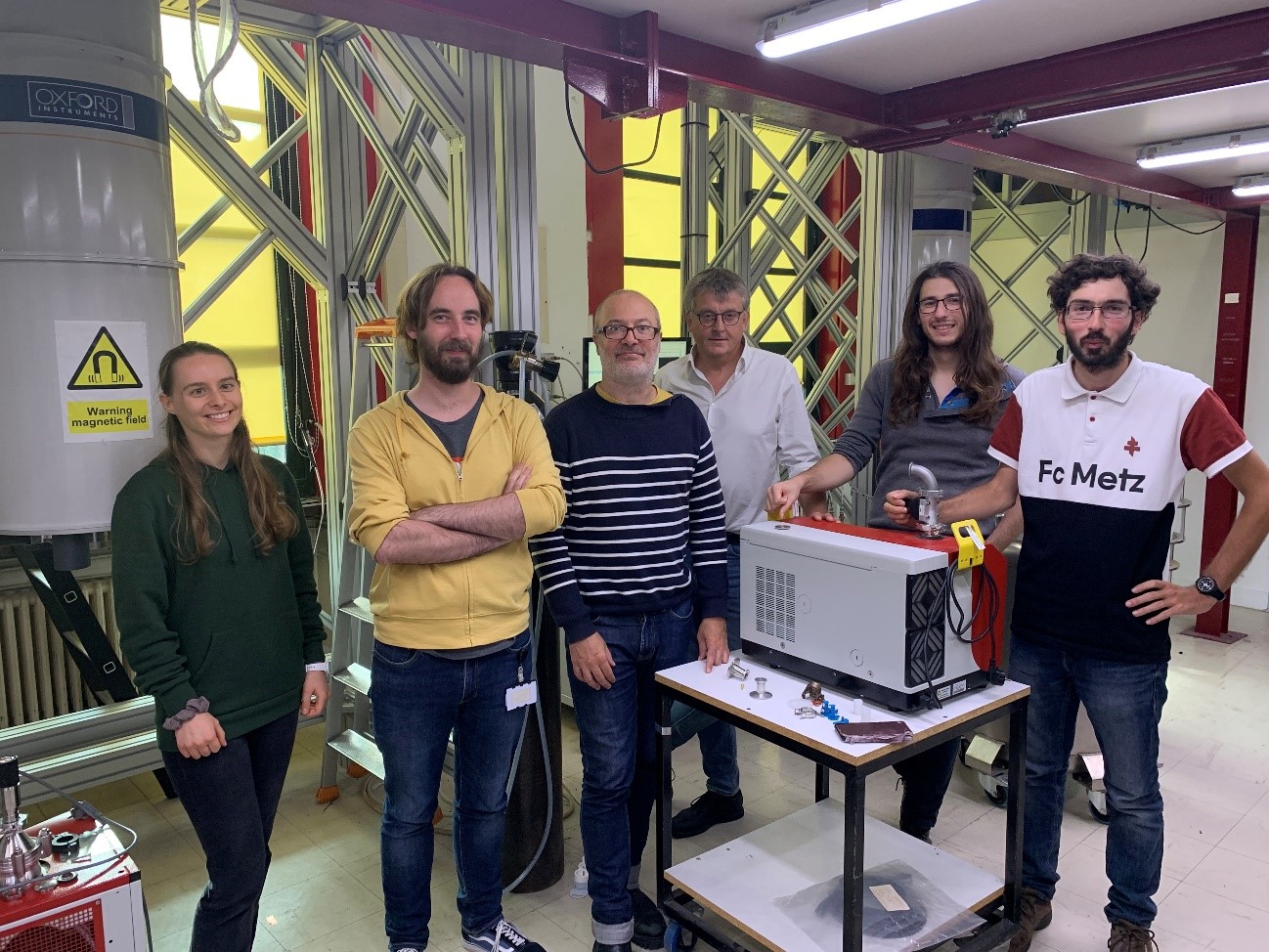
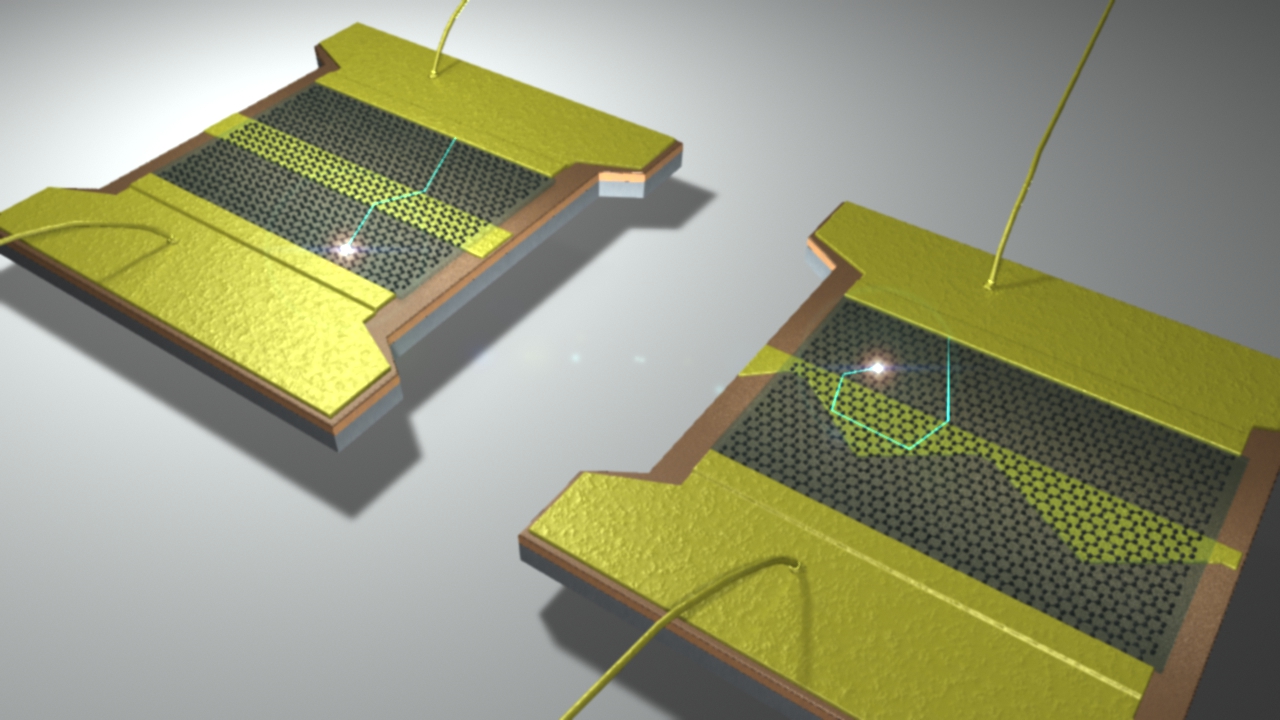
Dynamical transport in graphene
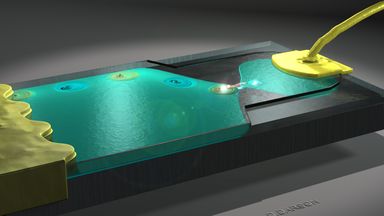
Electronic quantum optics
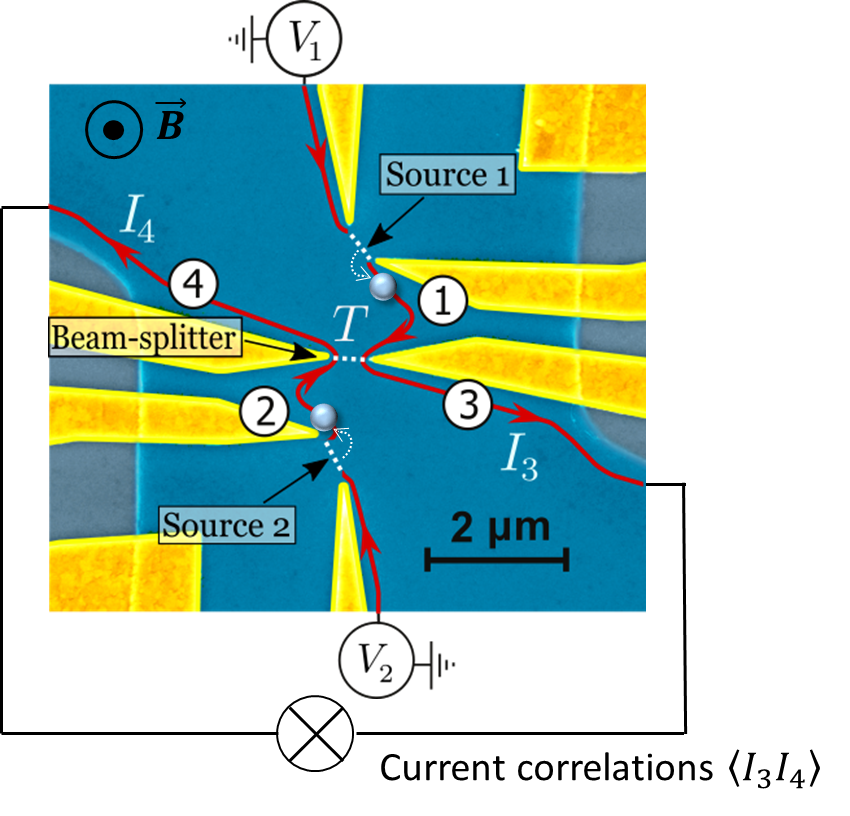
Anyon fractional statistics in mesoscopic colliders
Our team investigates the fractional statistics of anyons using the geometry of anyon colliders, where two dilute beams of anyons are generated at the input of an anyon beam splitter. We have focused so far on abelian anyons, for which the accumulated phase associated to the exchange of two particles can take arbitrary values between 0 (bosonic case) and π (fermionic case). We use high mobility GaAs/AlGaAs heterostructures under a strong magnetic field to reach the fractional quantum Hall effect whose elementary excitations are anyons. By sending anyon excitations towards a beam-splitter and by measuring the correlations between the output electrical currents, we can probe the tendency of anyons to bunch together at the splitter output, which provides information on their fractional statistics.
- Contact Gwendal Feve
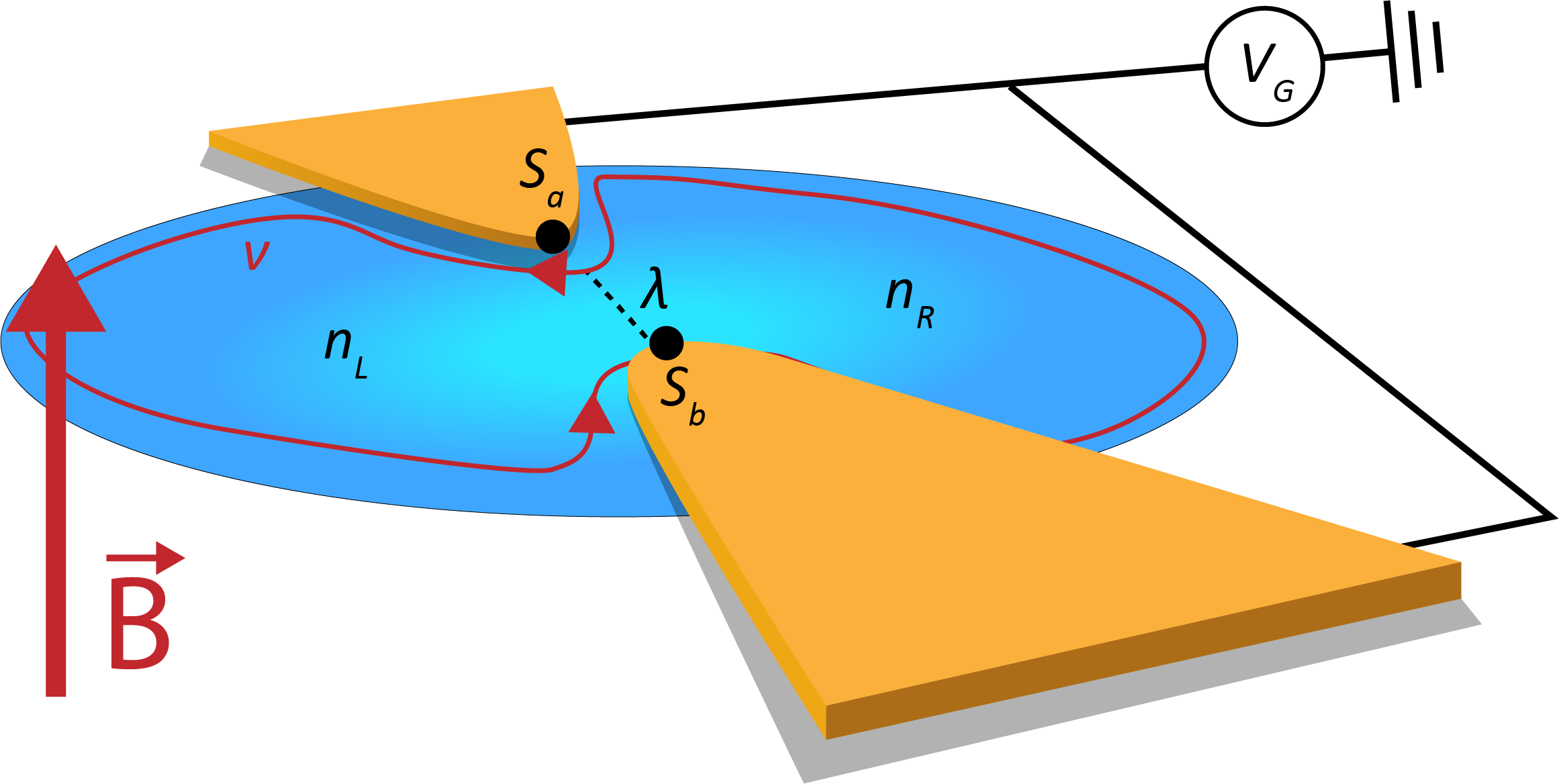
Resonators and radiofrequency interferometry in the quantum Hall effect
Our team studies two-dimensional high-mobility electron gas (AsAlGa/AsGa) in order to realize magneto-plasmonic resonators in quantum Hall effect structures. The study of these resonators allow us to better understand the properties of the quantum Hall effect (integer and fractional) by studying the microwave absorption. One of the interests of this type of system is the possibility to build interferometers that could allow us to probe the statistical properties of fractional quasiparticles and, in particular, evidence their theorized non-abelian anyonic statistic.
- Contact Gerbold Menard
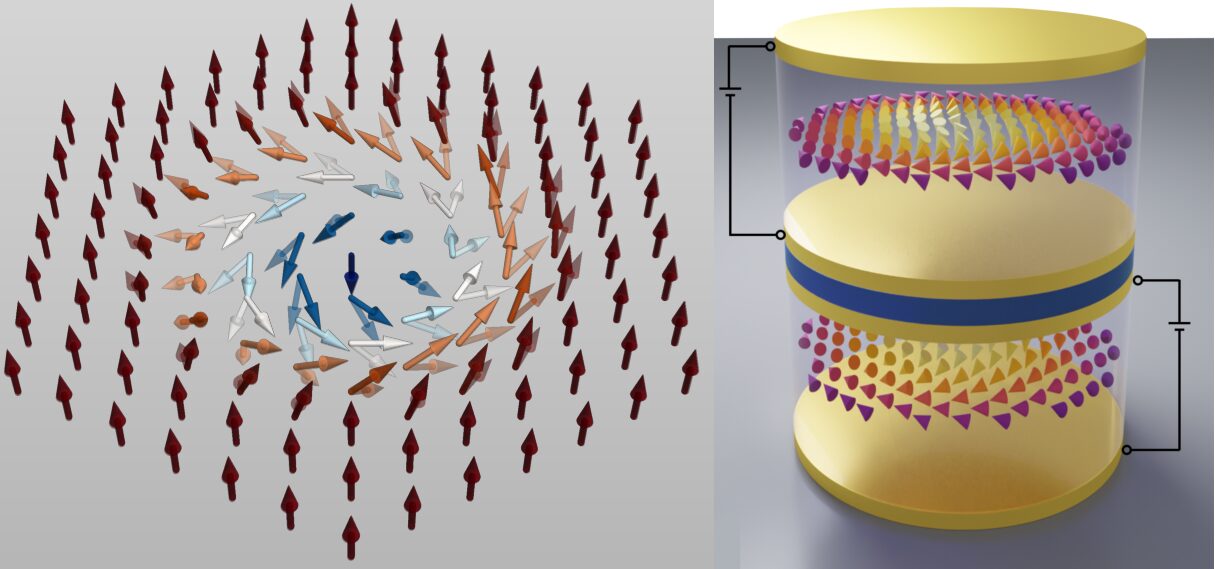
Quantum skyrmionics
Our team theoretically studies the quantum and nonequilibrium skyrmion dynamics with a focus on developing strategies for bringing a novel macroscopic qubit design based on magnetic skyrmions to fruition. In particular, we aim to understand the microscopic mechanisms that create noise, design schemes to control sources of decoherence built upon spectral engineering, study the coherent interaction of skyrmion qubits with other quantum modules, and achieve long-distance tunable qubit coupling.
- Contact Christina Psaroudaki

THERMAL PROPERTIES OF UNUSUAL QUANTUM HALL PHASES OF GRAPHENE
Under high magnetic field and at low temperatures, electronic interactions in a two-dimensional electron gas give rise to exotic, strongly correlated many-body quantum Hall states. These states have been proposed for the implementation of new quantum circuits, for instance realizing topologically protected quantum computing. Although exciting, these states remain poorly understood, because the conventional experimental approach for their investigation, dc electron transport, only yields limited information. In particular, electron transport only probes the physics of the current-carrying edge channels of the quantum Hall effect propagating along the edges of the electron gas, leaving the physics of the bulk unexplored. To gain a better understanding of these exotic states and their origin, we propose a new, unconventional approach, based on heat transport measurements, which directly probes the charge-neutral, heat-carrying collective modes characterizing these interactions-induced states.
- Contact François Parmentier
- The personal webpages of the team members can be found on the directory.
Hiring
- Contact Gwendal Feve , Gerbold Menard , François Parmentier or Christina Psaroudaki for more information.
Team members
Team leader
Permanent staff
Emeritus
Post-doctoral fellows
PhD students
Alumni
Bernard Plaçais, CNRS Senior scientist, founder and former head of the group, retired in 2023.
Aurélien Schmitt, PhD student, defended in 2023, now cleanroom engineer at LPENS.
Alexandre Gourmelon, PhD student, defended in 2022.
Hugo Bartolomei, PhD student, defended in 2022, currently post-doc at C2N.
Holger Graef, PhD student, defended in 2019.
Arthur Marguerite, PhD student, defended in 2017, current CNRS researcher at ESPCI.
Manohar Kumar, post-doc, currently researcher at Aalto university, Finland.
Rémi Bisognin, PhD student.
David Mele, post-doc, currently assistance professor at JUNA (Lille).
Quentin Wilmart, PhD Student, defended in 2015, currently researcher at CEA-LETTI (Grenoble).
Vincent Freulon, PhD student, defended in 2014.
Erwann Bocquillon, PhD student, defended in 2012, then CNRS researcher in the team (2016-2021), currently professor at Kölm university, Germany.

